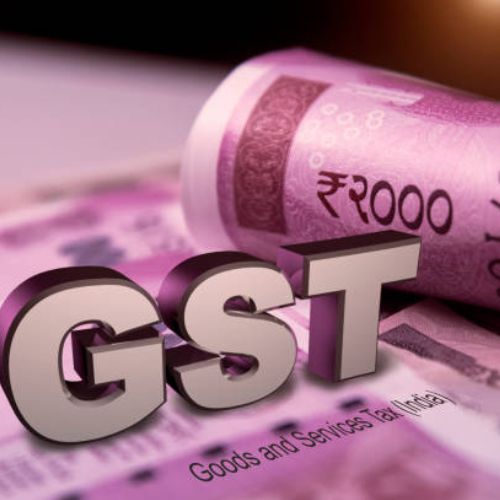New Delhi [India], February 14 (ANI): Vivek Johri, Chairman, Central Board of Indirect Taxes and Customs (CBIC), has said that Rs 1.5 lakh crore in goods and services tax (GST) collection has become the new normal and that the Board is confident that it will cross this figure in the coming year.
The gross GST revenue collected in January 2023 was Rs 1,55,922 crore. This was for the third time, in the current financial year, GST collection has crossed Rs 1.50-lakh-crore mark. The GST collection in January 2023 is the second highest next only to the collection reported in April 2022.
In an exclusive interview with ANI, CBIC Chairman Vivek Johri said, “We can assume an average monthly GST collection of Rs 1.45 lakh crore to Rs 1.5 lakh crore.” He added, “Rs 1.5 lakh crore has become the new normal and we are confident that we will cross this figure in the coming year.”
Johri said that the biggest reason for increased GST collection is that there has been a significant increase in I-T return filing and compliance. Both the Centre and the state governments have worked together. The return filing percentage has increased a lot, he said, adding, “Along with that the economy has also picked up.” He said the economy has become robust and the effect of Covid is over. “There has also been some increase due to inflation,” he added.
Johri said, “We have definitely increased the National Calamity Contingent Duty (NCCD) on cigarettes, there has been an increase of about 16 per cent.” It has been increased because cigarettes are demerit goods, he said, adding that its consumption has a bad effect on health.
CBIC chairman said there was no increase on tax on cigarettes for the last three years. In a way, the Board has done induction of duty, he said. “From this, I believe that there will be no significant difference on smuggling because if we take the proposal of total tax, then this increase is not very much,” Johri added.
In the context of gold, Johri said it was believed that as the duty on gold increases, so does the smuggling. He added, “But this is wrong because we found in our analysis that smuggling happened even in the years when the duty on gold was low.”
The chairman said when gold duty was increased, smuggling was less. “Gold is considered an asset in India. The retail investor invests in it considering it as an asset,” Johri said.
Therefore, the amount of its import or the amount of smuggling also depends on how the rest of the assets are behaving in comparison to gold for investment, the chairman said, adding that there are many factors that affect the smuggling and import of gold.
“The capacity of our department is increasing day by day in stopping the adulteration of gold. DRI’s seizures are happening. Everyday, people are being caught at the airport, too. We have made more intense use of analytics in our methodology,” Johri said.
“Whatever data comes through the bill entry of importers or comes in the data system through the manifest of passengers, we use analytics on that,” he added. Johri said the Board targets the passengers or cargo which they think are risky, and through this, they were able to make very good cases “and have been successful in stopping smuggling.” (ANI)
















